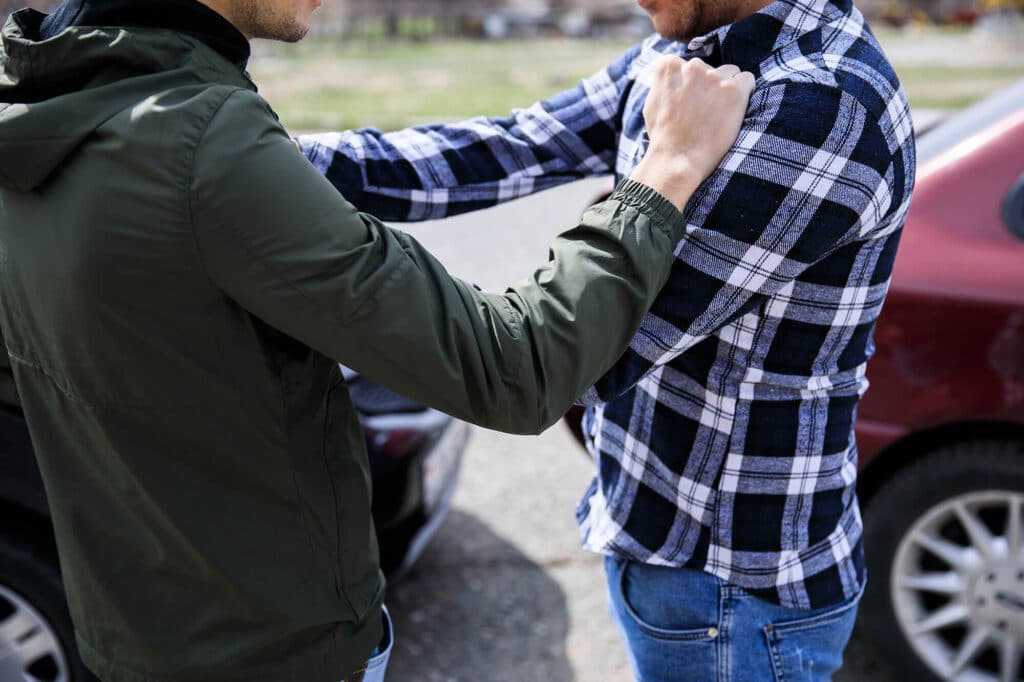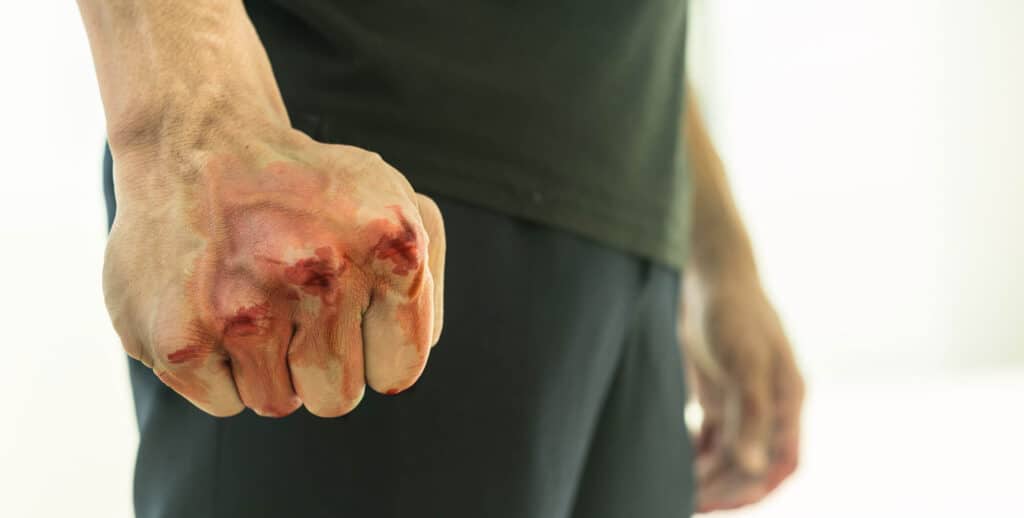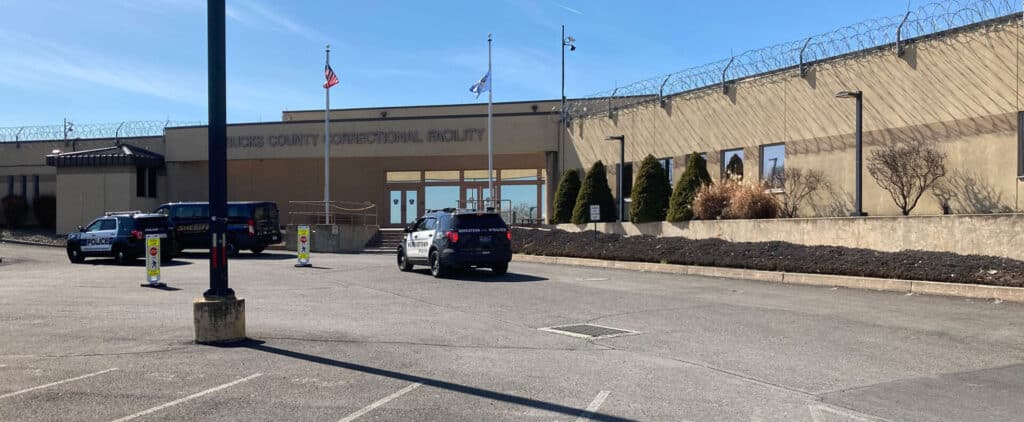Self defense is a legal defense that you can use to win a criminal assault case. Importantly, in Pennsylvania, self-defense, if believed by a judge or jury, is a complete defense against an assault charge. Therefore, if the police charge you with simple assault or aggravated assault, it is vital to have an experienced PA self defense lawyer defending you in court.
Self Defense Lawyer
Are you looking for an experienced self defense attorney near me? In that case, I have over a decade of providing aggressive representation to individuals to individuals who acted in self defence and are facing simple assault or aggravated assault charges in Bucks County, Philadelphia County, Montgomery County, Chester County, Delaware County, and the surrounding Pennsylvania Counties.
Are you facing a first time simple assault charge? If so, I have a comprehensive understanding of PA self-defense law and how to use it to defend against assault charges.
Contact me at (215) 752-5282 for a free consultation, or fill out the confidential contact form for an immediate response.
Self Defense Laws Pennsylvania
Clients often ask me: Is there a self defense law in PA? Under PA self defence laws, you can act in self defense if you believe the following:
- Your use of force is immediately necessary to protect yourself from another person’s unlawful use of force
Under self defence laws in Pennsylvania, self defense as a justification requires imminent danger.
When it comes to self defense cases involving non-deadly force, such as a fistfight, the Pennsylvania law of self defense applies a specific standard. However, if the accused uses lethal force, a different legal standard is applied by a judge or a jury.
Furthermore, self defense is considered a justification defense because the accused is considered “justified” in defending themselves against another person’s illegal use of physical force.
Examples of Illegal Use of Force by Another Person in a Self Defense Case
Without being provoked, a person:
- Punches you
- Forcefully pushes you
- Slaps you in the face
- Kicks you
- Stabs you with a knife or other weapon
- Fires a gun at you
- Points a firearm at you
4 Elements of Self Defense When Deadly Force is Used
In order to prove that you were acting in self defense in cases involving the use of deadly force, the accused must establish all of the following factors:
- You reasonably believed that you were in imminent danger of death or serious bodily injury
- You needed to use deadly force to prevent the physical harm
- You did not provoke the incident which caused you to use deadly force
- You did not violate any legally required duty to retreat from the incident
Once the Defendant presents evidence of these 4 elements, the jury must return a verdict of not guilty unless the prosecutor can prove beyond a reasonable doubt any of the following facts:
- The accused provoked or continued the altercation
- The accused did not reasonably believe they were in imminent danger of death or serious bodily injury
- The accused had a legal obligation to retreat from the incident
What if the Accuser is the Initial Aggressor in the Altercation?
The jury will be more inclined to acquit you of the assault charges if the evidence shows that the accuser was the initial instigator in the physical confrontation. In my experience, jurors are likelier to believe that you lawfully acted in self-defense if the accuser initiated physical contact with you.
Understanding the Significance of “Reasonable Belief” in Self Defense Cases
Under Pennsylvania self defense law, a person must possess a reasonable belief that they must act in self defense before a jury or a judge considers their actions lawful or justified.
For example, it would be considered appropriate for a person to act in self defense if, without provocation, another person throws a punch or fires a gun at you.
In such clear and immediate threats, the law allows you to defend yourself. However, if your response is disproportionate to the danger, a self defense claim might not be considered reasonable.
What if My Use of Force in Self-Defense Was Mistaken?
Pennsylvania law allows you to use physical force when you believe you are in actual danger from another person’s illegal use of physical force. In addition, you are also permitted to act in self defense when you mistakenly but reasonably believe that another person may use unlawful physical force on you.
Can you go to Jail for Self Defense?
No, in most cases. Most judges and juries will acquit a person the police charged with assault if the evidence proves that the accused acted within the Pennsylvania law of self defense.
Does my Use of Force Need to be Equal to the Other Person’s Use of Force?
Yes, in most situations. Your response to the use of physical force by another generally needs to be equal or proportional to the physical force applied to you. Otherwise, a judge or jury may reject your claim of self defense.
Examples of Unequal Use of Force
- Shooting someone in response to being pushed
- Stabbing an unarmed person during an argument
- Driving a vehicle into an unarmed person who approaches your vehicle
- Punching a person who is arguing with you
- Firing a gun at a person who cuts you off on the road
Does the Burden of Proof Change Once Evidence of Self-Defense is Presented to a Judge or a Jury?
Yes. The accused is entitled to a specific self defense jury instruction once evidence of self-defense is offered by the accused from any source. Also, the Defendant can introduce circumstantial, direct, and testimonial evidence, such as video or audio recordings or eyewitness testimony, to demonstrate that the accused acted in self defense.
Finally, once the accused offers proof of self defense, the prosecutor must prove beyond a reasonable doubt that the accused did not act in self defense. Finally, the prosecutor must disprove that the Defendant acted in self defense in cases involving deadly and non-deadly force.
Is it Easy for a Prosecutor to Disprove Self Defense?
No. It is difficult for a prosecutor to persuade a jury or judge that a person did not act in self defense. Moreover, jurors are more sympathetic to a person who uses physical force to defend themselves from an unprovoked attack by another person.
What are the Most Important Elements of Self Defence
A criminal defense lawyer will present many types of evidence to a jury or a judge in a self defense trial. Certain factors are much more critical in persuading a judge or jury that self-defense was justified in your case. It is more likely that a jury will acquit you of simple assault or aggravated assault if some or all of the following factors exist in your case:
- The accuser used excessive physical force on you
- You are physically smaller in size than the accuser
- The complainant is physically stronger than you
- The accuser provoked the incident
- The accuser had previously demonstrated violent behavior toward you
Conclusion
In conclusion, self defense is one of the most successful defenses if the police charge you with simple assault or aggravated assault in Pennsylvania. I have extensive experience conducting over fifty self-defense trials in front of Bucks County, Philadelphia County, Montgomery County, Chester County, and Delaware County juries.
I will use the most effective criminal defense strategies to convince the jurors to acquit you of the charges. Also, jurors are likelier to sympathize with someone who uses physical force to defend themselves from a violent attacker.
Self Defense Attorney
Are you searching for a self defense lawyer near me? If so, you need to immediately contact an experienced self defence lawyer to begin preparing your legal strategies to win the case.
Fortunately, I am among the most successful self defense attorneys in this area. I defend people in Bucks County, Montgomery County, Delaware County, Chester County, and surrounding Pennsylvania Counties.
Phone lines are open 24 hours a day at (215) 752-5282. Contact me for a free initial consultation or fill out the confidential contact form for an immediate response.









